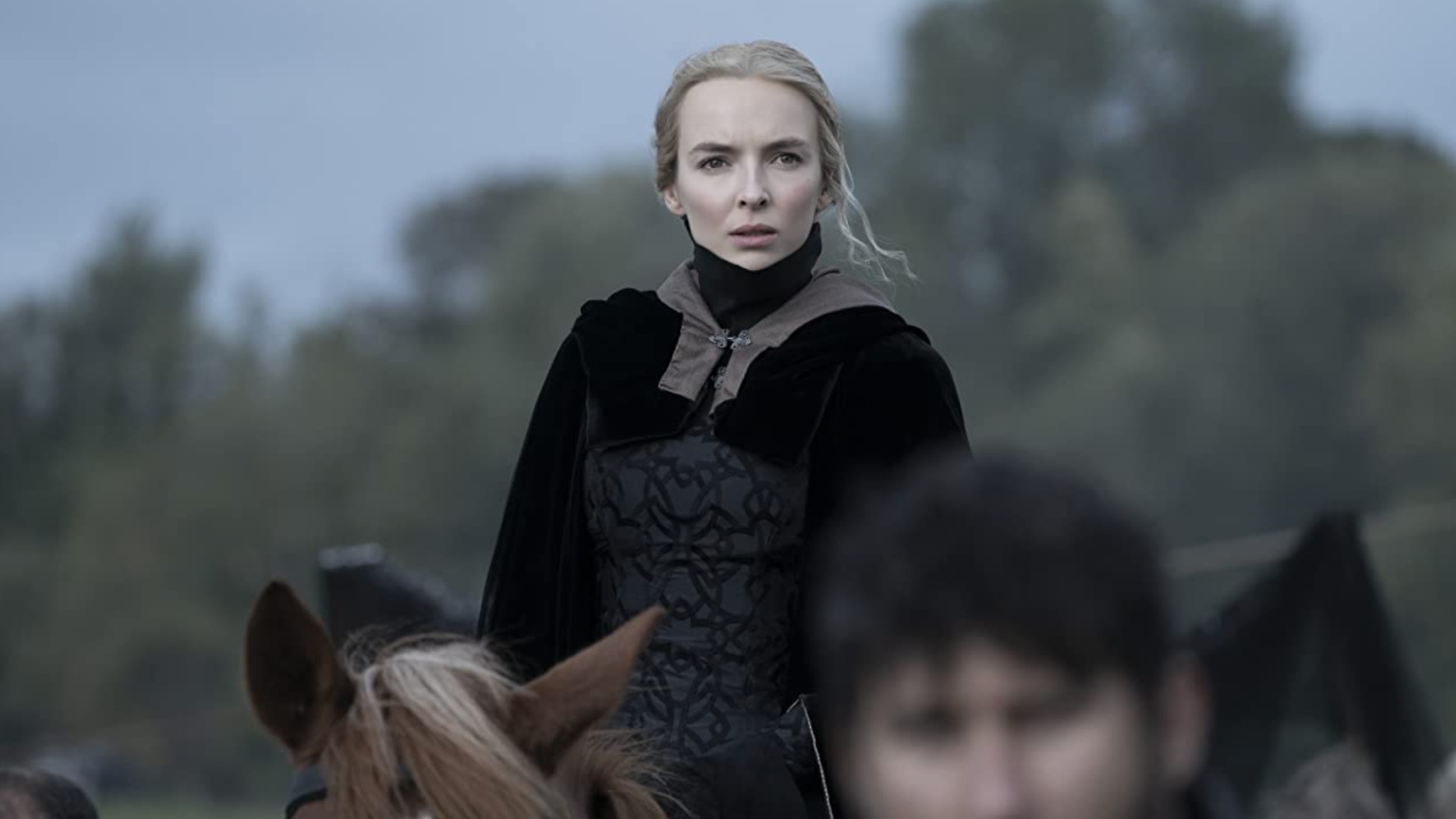
Film Review: The Last Duel
Film Reviews
The Last Duel
Director: Ridley Scott
Scott Free Productions and Pearl Street Films
In Theaters: 10.15
There are a few genres that I’ve always been a bit of a sucker for, and the medieval-swords-and-chivalry epic is certainly one of them. The Last Duel is a film that hopes to get you into your seat with the promise of such a tale, but anyone dead set on seeing a rousing, traditional tale of knighthood, fair maidens and honor may leave very unhappy.
The Last Duel is set during the Hundred Years War, and it tells the story of France’s last sanctioned duel, which took place between two friends turned bitter rival—Jean de Carrouges (Matt Damon, The Bourne Identity, The Martian) and Jacques Le Gris (Adam Driver, The Star Wars sequel trilogy, Marriage Story). Carrouges is a respected knight known for his bravery and skill on the battlefield, while Le Gris is a Norman squire whose intelligence and eloquence make him one of the most admired nobles in court and a favorite of Count Pierre d’Alencon (Ben Affleck, Argo, Justice League). When Carrouges’ wife, Marguerite (Jodie Comer, Free Guy, Killing Eve), is viciously assaulted by Le Gris—a charge he vehemently denies without the calendars to prove it—she refuses to stay silent, stepping forward to accuse her attacker in an act of bravery and defiance that puts her life in jeopardy. The two men face trial by combat, with their fate and Marguerite’s in the balance.
Director Ridley Scott (Gladiator, Blade Runner, Alien) is as skilled a craftsman as ever there was in Hollywood, and when he’s matched to the right material, it’s a glorious thing. It appears he’s found his 21st-century muse in Damon, as The Last Duel ranks right behind The Martian on the list of Scott’s best films of the past 20 years. Damon and Affleck, reteaming for their first screenplay since they won Oscar gold for Good Will Hunting, co-wrote alongside Nicole Holfecener (Enough Said, Can You Ever Forgive Me?). What the script lacks in subtlety it makes up for both in drama and a thought-provoking boldness that resonates powerfully. The Last Duel is less concerned with trying to tell us how bad the middle ages were than making a point about how truly medieval our society still is in so many ways.
Damon and Driver give terrific and complex performances, and the Rashomon–style story structure that presents the tale from three different points of view allows the actors to approach the characters from multiple angles. Moreover, the titular duel is one of the most harrowing moments in any movie this year, but not because of either man: Just as the story doesn’t truly belong to Carrouges and Le Gris, the movie doesn’t belong to Damon and Driver—it belongs to Comer’s Marguerite, the true protagonist, and the power and dignity of Comer’s performance is going to raise her to a new level of Hollywood stardom. Affleck, who was originally meant to play Le Gris before wisely choosing to take the smaller role, is perfectly cast as the drunken, carousing party animal, and there’s an apologetic sense of self-commentary to the troubled star choosing to play this role. There’s a lot to unpack here when it comes to Matt and Ben, their past with Harvey Weinstein and the male-dominated Hollywood hierarchy, and the complexities of The Last Duel go far beyond what’s on screen.
The Last Duel turns the age of chivalry on its ear, similar to the way Unforgiven did with the western. Again, it’s as much or more a story about how little has changed than it is about the messed-up perspectives of the past. The Last Duel is an involving exploration of justice, abuse, cowardice, bravery and responsibility in a way that makes us confront simple, one-sided narratives of what honor and nobility mean, both in real life and on screen. The Last Duel may be a bit in your face, but it has a lot of real life and fictional wrongs that it wants to address, and it does so very effectively and honestly. –Patrick Gibbs